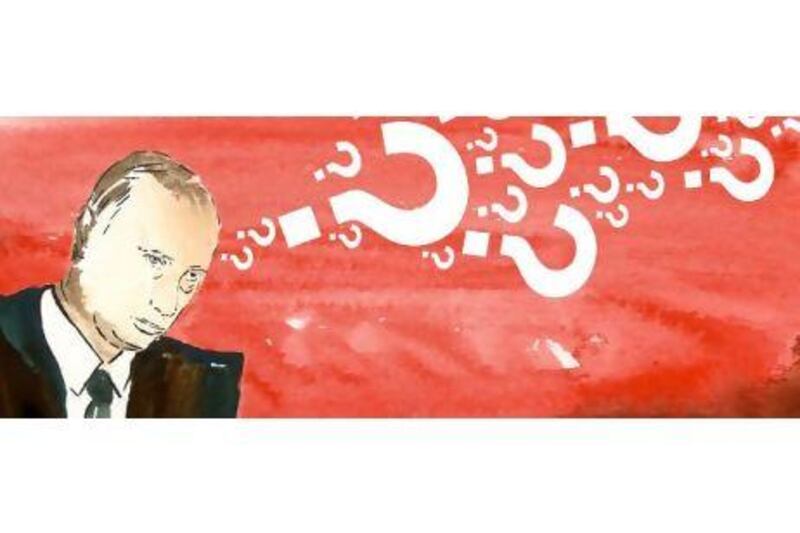It is a wounded beast sitting in remote and hostile seas. Holed beneath the waterline and listing badly, its hopes of survival rest in a quick-fix, a make-do and mend.
This is the case of the Sparta, a Russian-registered 48-metre fishing vessel currently all at sea in a faraway Antarctic drama.
The ship began transmitting a distress signal last Friday morning after hitting an iceberg in the frozen wastes and now sits thousands of kilometres from New Zealand, the nearest port in a storm, and almost wholly reliant for its survival on airborne supplies and a primitive repair job.
This grim piece of shipping news was followed, earlier this week, by the Kolskaya oil rig disaster in which at least 14 people died and a further 39 workers are reported missing. Hit by a fierce storm, the rig capsized in an area between Kamchatka and Sakhalin - for that read the inhospitable seas off the far eastern coast of Russia - and the chances of survival for those still missing appear next to none.
Both incidents could serve as a metaphor for the state of the nation from which these vessels hail.
Having previously navigated his way through occasionally choppy waters, albeit with a certain heavy-handedness, Vladimir Putin's Russian government has suddenly sailed into dangerous territory. It has done so during a gathering storm and without any notion of how to find a way to safer shores.
Waves of demonstrations have flooded Russia's streets in recent days - the biggest since the so-called Soviet Summer of two decades ago - as protesters campaign to overturn the result of the elections that returned Vladimir Putin's United Russia party to government and which demonstrators contest was the product of a rigged vote.
Putin is nothing if not the political equivalent of a bare-knuckle street fighter and his carefully curated image as a no-nonsense tough guy, underscored by his annual holiday snaps released to the unbelieving eyes of the world, has lately been matched by equally tough-talking rhetoric.
Putin took to state television in Russia last week and began the long, laborious fightback in the only way he knows how - lashing out at his opponents and belittling those who dare to doubt him.
He did so during his annual telethon, a television highlight of the winter months, one that offers a long and usually undemanding chance for Putin to connect with the great Russian electorate. But, quite literally, his performance left many questions unanswered. Indeed, such was the public interest in his appearance, he was only able to work his way through 88 of the reported 1.5m questions submitted to the show.
His greatest political ally meanwhile, president Dmitry Medvedev, who leaves office in March, has begun to make statements suggesting the Russian political system requires reform, that it is an "old model" that has exhausted its original purpose.
It is a remarkable admission, albeit one that lacks a clear route towards that much-needed overhaul, but does at least provide an official voice to those who seek to expose Putin's political frailties.
Putin appears now as a wounded beast. The question is, like Sparta, that stricken fishing vessel deep in the southern hemisphere, will he be able to patch things up or will he eventually be sunk by the dangers that lurk all around him?
In common with those who have foundered in this region's Arab Spring before him, the temptation for the Russian leader will be to battle it out rather than make the really tough decision and embark on a thorough programme of electoral and parliamentary reform.
Putin hinted at as much in his recent television appearance, suggesting his greatest rival in the months to come was likely to be himself. In doing so, he all but revealed his intention to hold what he has, to patch up the gaping hole in his defences and gamble that he will remain afloat for years to come.






